A training session for National Police officers from Dnipropetrovsk Oblast concluded at Dnipro State University of Internal Affairs (DSUIA), focusing on interaction with children who are victims, witnesses, or perpetrators of criminal offenses.
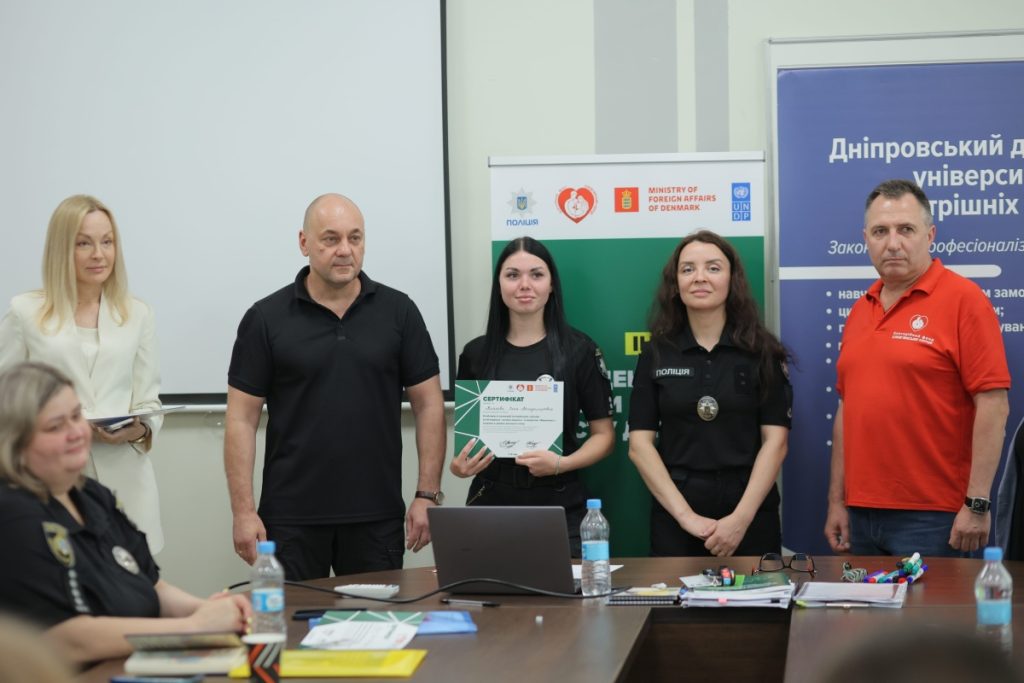
The training was supported by the United Nations Development Programme (UNDP) in Ukraine, with financial backing from the Government of Denmark. Co-organizers included the “Slavic Heart” charitable foundation and Ukraine’s Juvenile Police.
Participants included officers from juvenile prevention units and investigators handling cases involving children.
The training, themed “Peculiarities of Police Interaction with Children Using the ‘Green Room’ Methodology and ‘Barnahus’ Model in Wartime Conditions,” was organized to enhance officers’ knowledge and professional competencies in working with children.
The training was led by Alina Harkusha, Associate Professor of the Criminal Procedure Department at DSUIA, Candidate of Law, Associate Professor, Police Major, and Oksana Don, psychologist, art therapist, expert with the Israeli Trauma Coalition, and coordinator for child and adolescent programs at the NGO “Crisis Psychological Assistance in Dnipro and Oblast.”
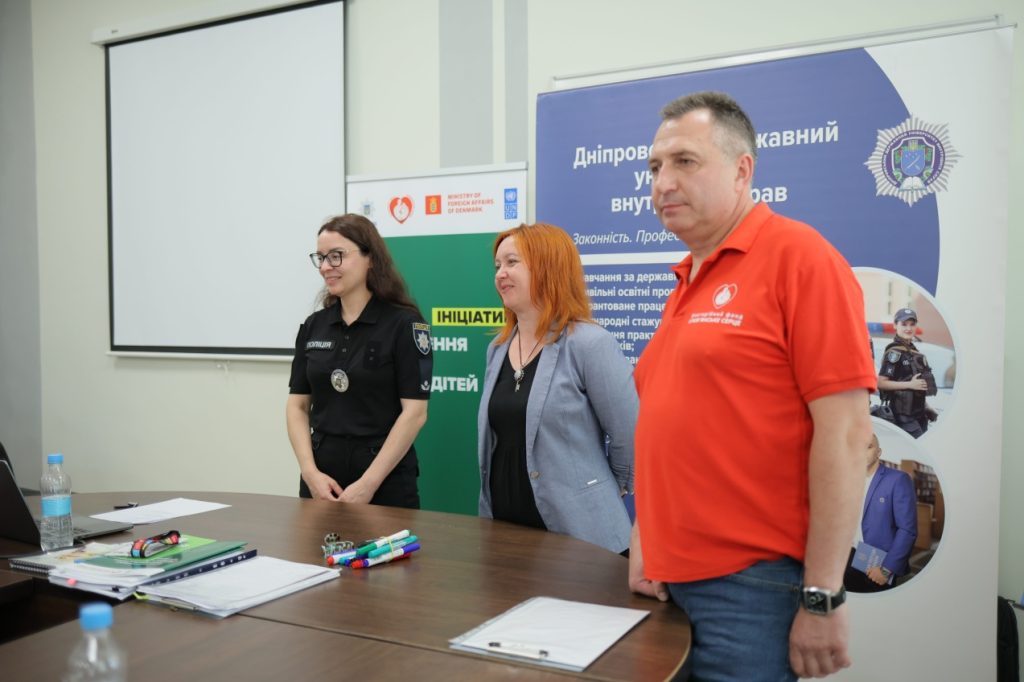
Participants studied children’s rights within international and national legislation, specifics of legislation on preventing gender-based and domestic violence, psychological aspects of working with children who have experienced abuse, and the application of the “Green Room” and “Barnahus” methodologies.
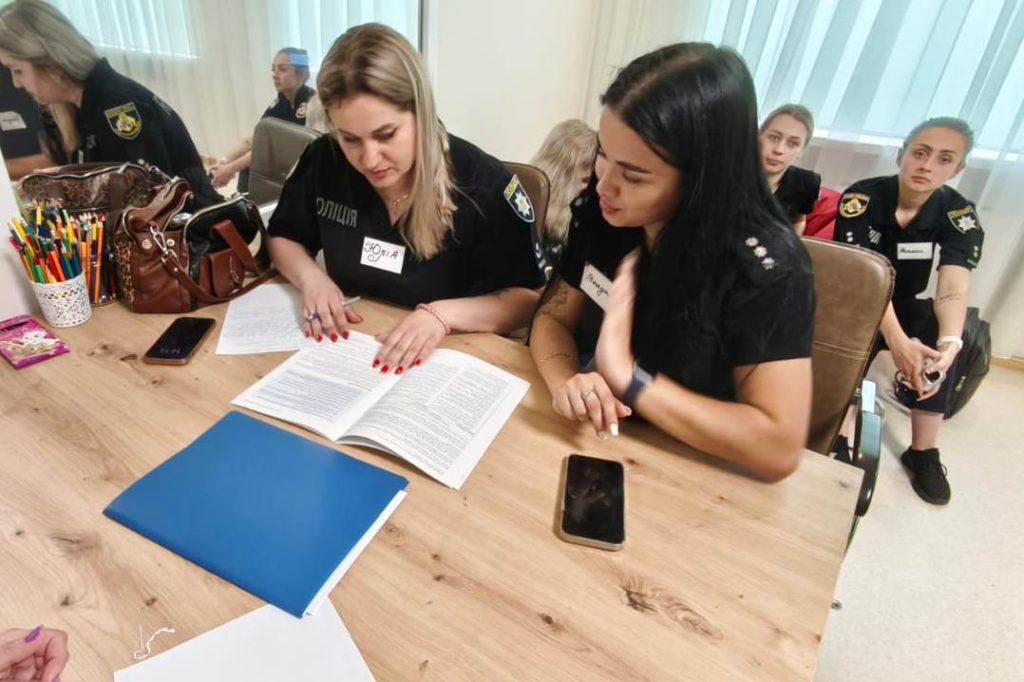
The training also addressed principles of a child-centered approach, the psychologist’s role during interviews with children who have experienced or witnessed violence, including domestic violence, restorative justice programs for minors suspected or accused of crimes, and related topics.
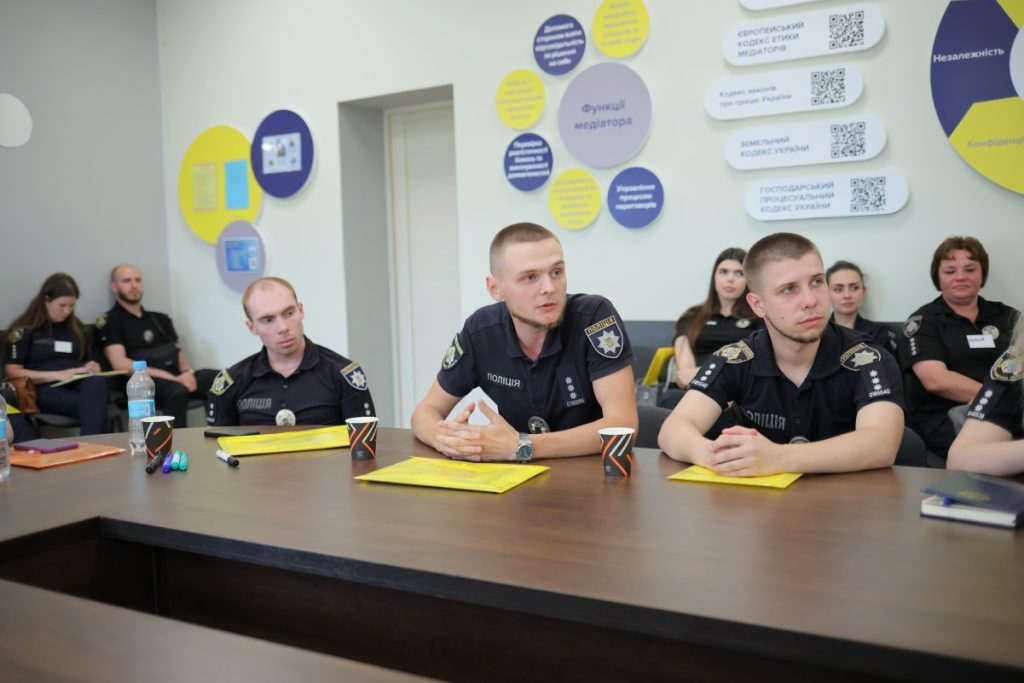
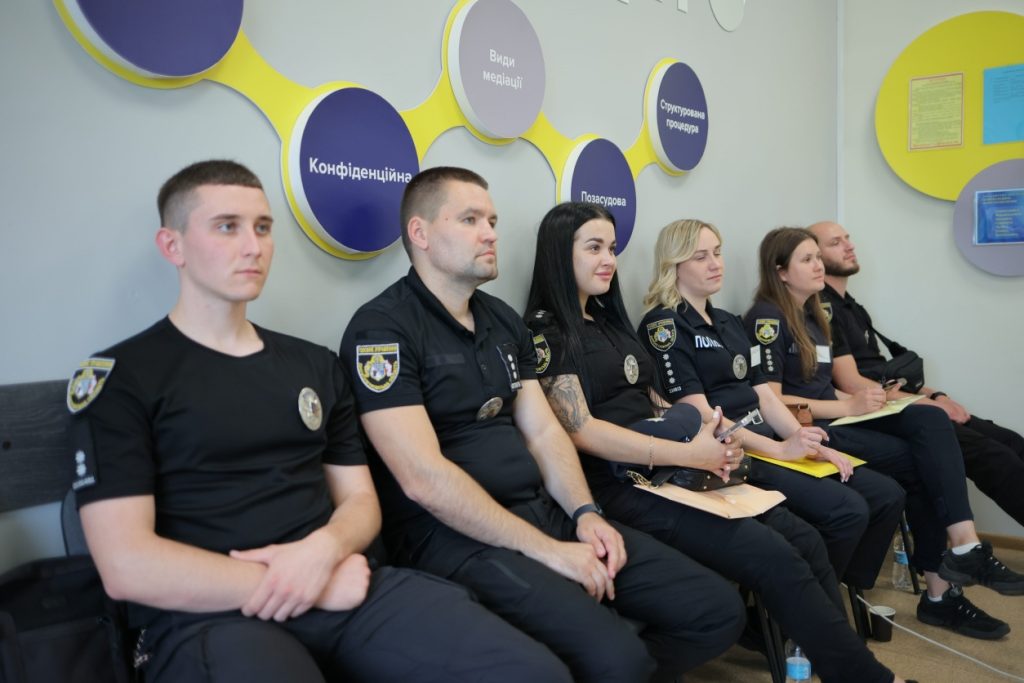
At the conclusion, DSUIA First Vice-Rector Ihor Magdalina and Assistant to the Rector on Gender Issues, Doctor of Law, Professor, Honored Lawyer of Ukraine Larysa Nalyvaiko engaged with participants.
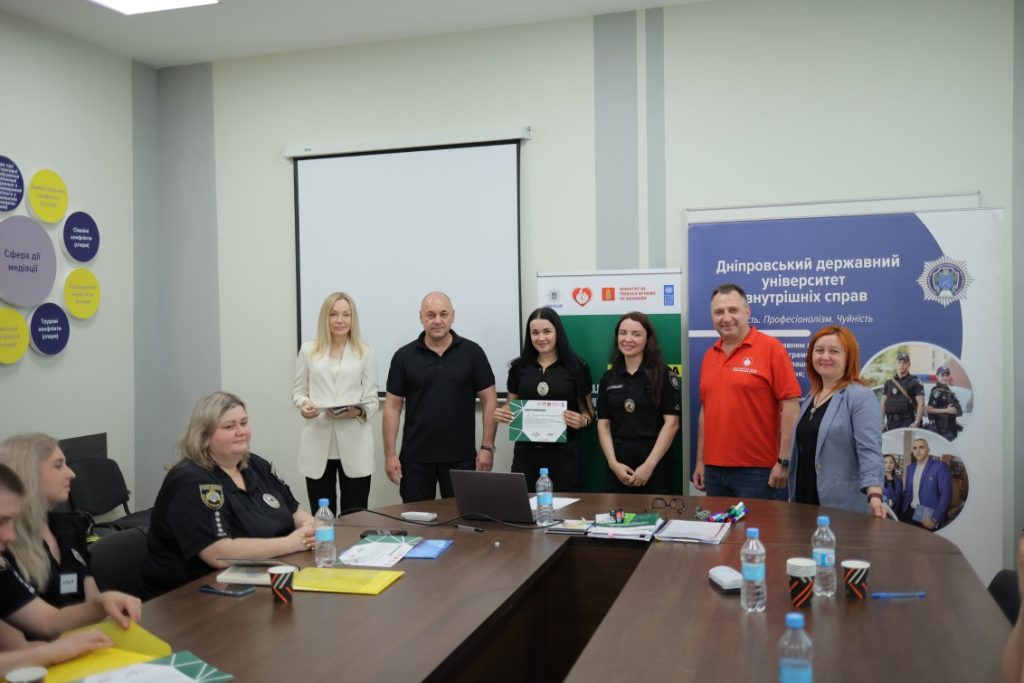
Ihor Magdalina emphasized the importance of the acquired knowledge, stressing that police officers must be a reliable support for citizens, especially children.
Upon completion, participants received certificates.
— 284

